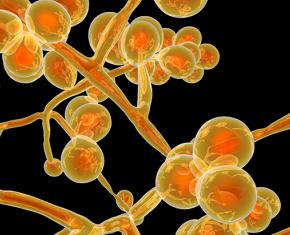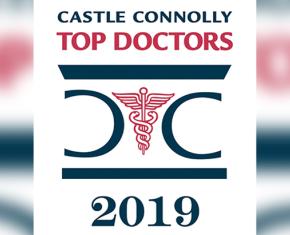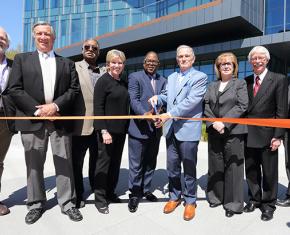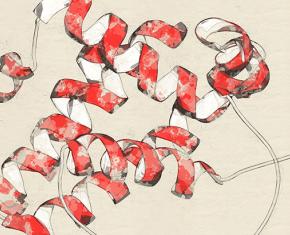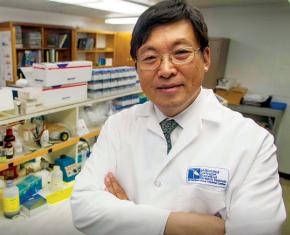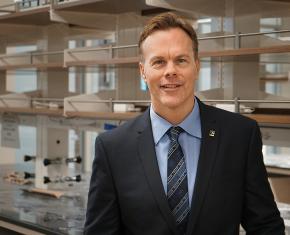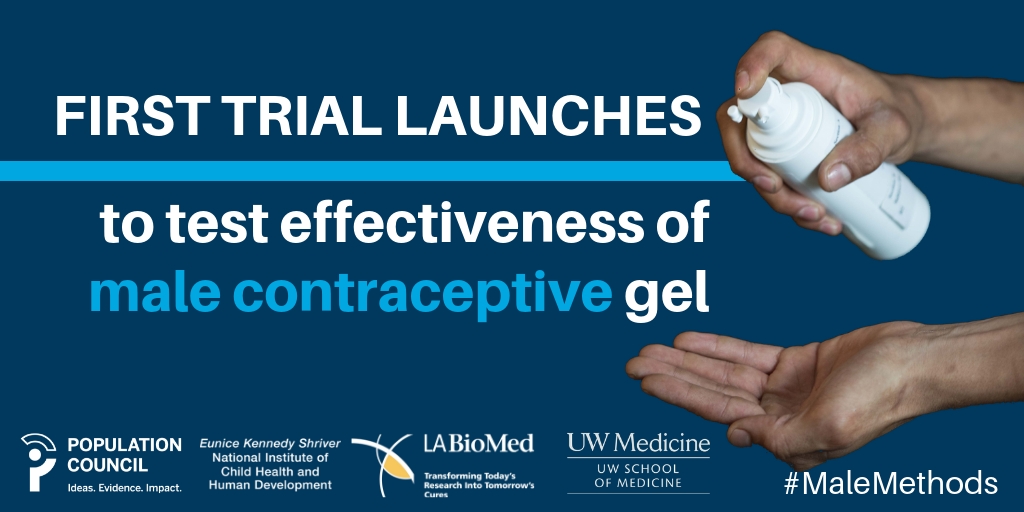Researchers at LA BioMed in Torrance, CA have been working to create a therapeutic vaccine for 2 years to fight infections caused by Candida auris. The lab studies have been most encouraging. With its resistance to anti-fungal drugs, a vaccine is likely the best way to combat the antibiotic-resistant nature of this emerging and deadly pathogen.
Institute recently opened new 78,000 square-foot medical research facility to house award-winning doctors
LOS ANGELES – The Los Angeles Biomedical Research Institute (LA BioMed) announced today that 11 of its investigators are included in America’s Top Doctors. The honor is presented annually, and they are based on recommendations from other physicians and health care professions.
$63-million, four-story, 78,000 square-foot facility is one of the most advanced in the country
LOS ANGELES — The Los Angeles Biomedical Research Institute (LA BioMed) today held the grand opening of its new state-of-the-art medical research building and bioscience incubator on its campus at Harbor-UCLA Medical Center in Torrance.
“The opening of our new medical research building is a milestone for LA BioMed,” said David Meyer, PhD, President and CEO, LA BioMed. “It will allow us to recruit and retain the best investigators, giving them world-class labs and work spaces where they can develop new treatments and therapeutics for years to come.”
Discovery paves the way for new generation of anti-infective
A discovery by researchers at the Los Angeles Biomedical Research Institute (LA BioMed) has uncovered a common blueprint for proteins that have antimicrobial properties. This finding opens the door to design and development of a new generation of anti-infectives active against pathogens that have become resistant to conventional antibiotics.
Product developed at LA BioMed is a safe, economical, available primary therapy
Last night’s episode of CBS’ “60 Minutes” brought much-needed awareness of the hardships faced by the estimated 25 million people around the world living with sickle cell disease. The broadcast highlighted an experimental gene therapy-based treatment that might someday even cure the disease. However, at this time, it is not available to the general public and remains in an experimental stage where potential complications and consistent efficacy are still being evaluated. Also, the procedure is potentially hugely expensive should it ever be commercialized.
LOS ANGELES - The Los Angeles Biomedical Research Institute (LA BioMed) and BioLabs, a network of shared lab facilities designed to manage all aspects of operations for high-potential, early-stage life science companies, today announced the Spring 2019 opening of a new Los Angeles bioscience innovation center.
Funds will go toward recruiting top researchers and improving facilities in the South Bay region of LA County – one of the nation’s top ten biotech clusters
New Program Creates a Triple Threat: Graduates with Clinical, Business & Research Skills
LA BioMed has launched a doctoral program in translational research, the first comprehensive degree of its kind. It will be co-located with LA BioMed’s research facilities and biotech incubator in Torrance, alongside a future bioscience tech park, level one trauma center, and academic teaching hospital.
While male and female surgeons both work equally hard saving lives in the operating room, women in general surgery project earning significantly less than men. This disparity is due to women underestimating their future earning power, and to differing approaches to salary negotiation, according to an important new study from LA BioMed, an independent non-profit biomedical research organization.

